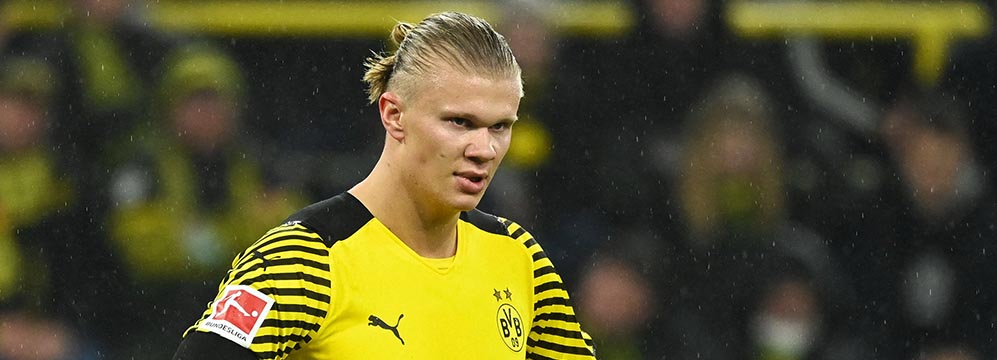Serena Williams, Victoria Azarenka but also Cléopâtre Darleux: having a child is no longer synonymous with stopping a career, but high-level sportswomen need better support and support to sweep away the clichés according to which a pregnancy necessarily begins the performance upon return from maternity.
In France, sportswomen who continued their career after childbirth have long been counted on the fingers of one hand, with Olympic boxing medalist Sarah Ourahmoune, who became a mother in 2013, in the lead.
In tennis, American superstar Serena Williams won the 2017 Australian Open while eight weeks pregnant and returned to competition after the birth of her daughter. Belarusian Victoria Azarenka, ex-world No.1, took over the racket after giving birth in 2016.
If this remains a challenge, the examples are more frequent. Judoka Clarisse Agbégnénou, double Olympic champion in Tokyo last summer, has just announced her pregnancy in early February by giving an appointment for the Paris Olympics in 2024.
Biathlete Anaïs Chevalier-Bouchet, silver medalist at the Beijing Winter Games, after a child break during the 2019-2020 season, said she was “proud” to be one of the women who reconcile motherhood and high sport. level.
This is the meaning of the very complete guide “High-level sport and maternity: it’s possible!”, presented Friday to Insep and on which the Ministry of Sports worked. The objective is to “break the lock which prevents women athletes from taking a baby break”, explains Minister Roxana Maracineanu.
– fear of weight gain –
Fear of announcing it and of adapting training during pregnancy, fear of weight gain, of no longer regaining one’s level, of the financial question or even of the mode of care when returning to competition… the sportswoman pro, whose body is the work tool and whose career is short, has a thousand reasons to ask these questions.
According to a survey by the Ministry of Sports, out of 700 sportswomen questioned, more than 60% consider that it is difficult to become a mother during your career.
Weightlifter Dora Tchakounte, fourth at the Tokyo Games, recounts with great emotion how much she was “alone” in this experience, except for the support of her parents. “I hid my pregnancy” and “I wanted to go unnoticed,” she explained.
The experience was not easy either for judoka Automne Pavia, whose club took her pregnancy very badly: “for them it was a career break that I did not want to say when it was not at all the case”. She changed clubs and, this time, was supported.
Basketball player Valériane Vukosavljevic says she is “delighted” to have “succeeded in winning an Olympic medal (in bronze) while being 16 weeks pregnant”, she said on Friday, three weeks after giving birth and six months after the podium. in Japan.
Gynecologist at Insep, Carole Maître, who participated in the writing of the guide, evokes “the apprehensions and the received ideas” to “remove”, with the ways of adapting the trainings during the pregnancy, and the “possibility of the return at the top level”.
– return to its best level –
The fencer Cécilia Berder, Olympic vice-champion in team saber in Tokyo, currently pregnant, “has a focus every month on what she can do with her physical trainer”.
The impact on performance is one of the main questions.
“Yes we can return to our best level”, assures Alice Meignié, researcher in epidemiology of sports performance.
If the sportswoman had not reached her “performance peak” before pregnancy, she will reach it afterwards and vice versa, explains her colleague Juliana Antero. The level of performance drops if she was in the declining phase before her pregnancy. “They follow the normal evolution of their age”, she summarizes.
“The support of the sports environment is essential to carry out her maternity and her return”, insists for her part Carole Maître, to encourage the management to seize knowledge on the subject.
Guardian of the French handball team, Olympic champion in Japan, Cléopâtre Darleux also paved the way in team sports after her birth in 2019. French handball signed the first collective agreement in 2021, which notably guarantees leave maternity, with a salary maintenance of 12 months. For Darleux, it was supposed to be three months but his club, Brest, had “chosen to maintain (total) salary”, she underlines.
–


